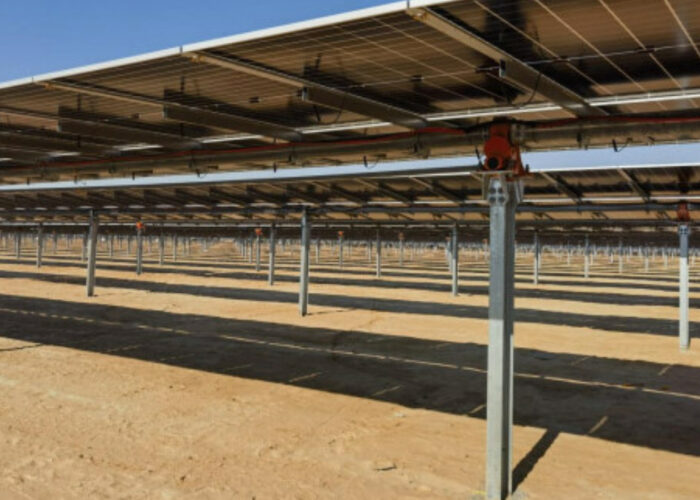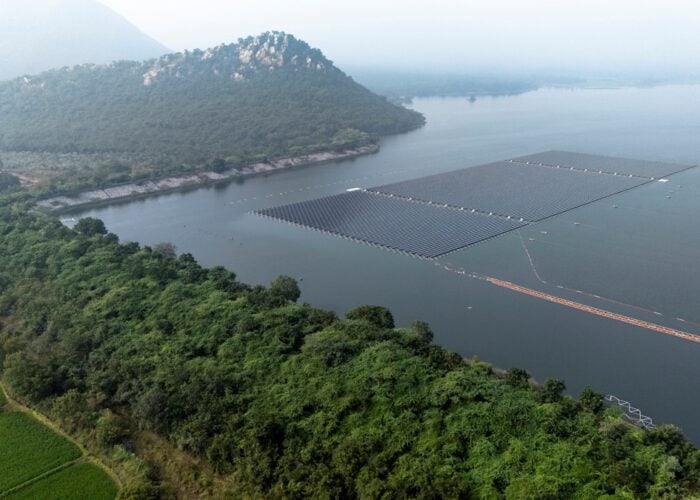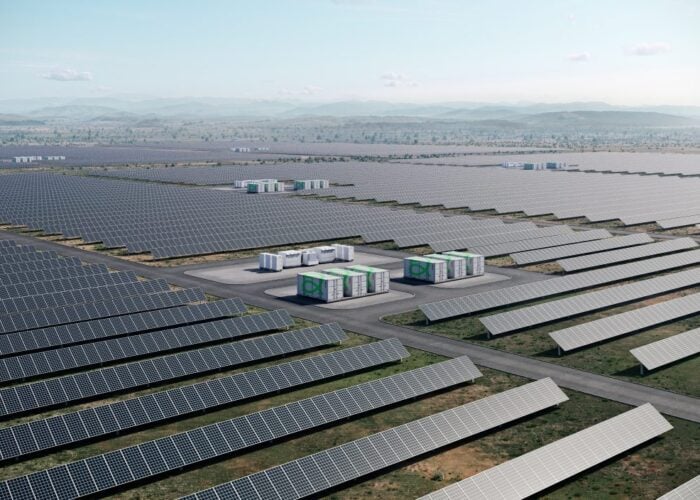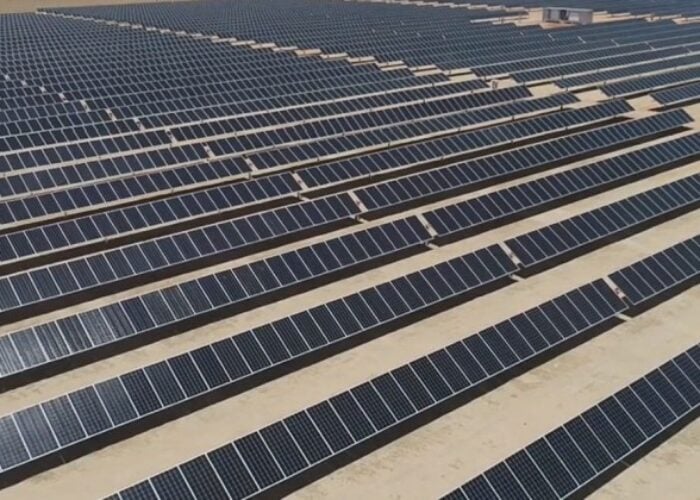Developing renewable energy projects in India is more expensive than in either the US or Europe, according to a report released by the Climate Policy Initiative (CPI) and the Indian School of Business (ISB).
According to the report, Meeting India's Renewable Energy Targets: The Financing Challenge, high interest rates and relatively short-term loans for renewable energy projects in India adds 24-32% to the cost of renewable energy, which could make it more expensive for India to meet its renewable energy target.
Try Premium for just $1
- Full premium access for the first month at only $1
- Converts to an annual rate after 30 days unless cancelled
- Cancel anytime during the trial period
Premium Benefits
- Expert industry analysis and interviews
- Digital access to PV Tech Power journal
- Exclusive event discounts
Or get the full Premium subscription right away
Or continue reading this article for free
“High debt costs, common in emerging economies, are a potential barrier to the growth of renewable energy,” said David Nelson, Senior Director at CPI. “CPI is now analysing how other nations have addressed this issue. Brazil's national development bank has provided low-cost debt to spur these projects forward, and may provide some helpful lessons for India.”
“India has more than enough wind and solar potential to meet the country's ambitious targets,” said Reuben Abraham, Executive Director at ISB. “But without policy solutions, India's financing challenges will force this sector to fall behind.”
However, India has just announced its draft policy for Phase II of the country’s Solar Mission, which sets out other financing methods, for example Viability Gap Funding. This grant is expected to subsidise the capital cost to developers by 20%.
Update:
Ruby Barcklay, Communications Director of CPI told PV-Tech: “We agree with the MNRE’s finding that project financing and the availability of long term funds is crucial [to meeting the Phase II goals].
“The options they intend on exploring, such as increasing Indian Renewable Energy Development Agency’s capital, exempting solar from bank sector limits and facilitating international lines of credit, would all be important steps to enhancing the availability of long term funds.
“However, our analysis suggests that lowering the high cost of this project debt is even more important. Other parts of the Phase II plan, including the Generation Based Incentive (GBI) and the Viability Gap Funding (VGF) will help somewhat in this regard, but will close only a small portion of the 24-32% difference between Indian and US/European financing costs.
“Therefore,” concluded Barcklay, “we strongly support MNRE’s plan to look into concessional financing. Drawing on experience from Brazil, we believe that concessional financing may close the “viability gap” between renewable energy costs and electricity market prices at a lower cost to the India government and electricity consumers than using the GBI or VGF on their own.”






